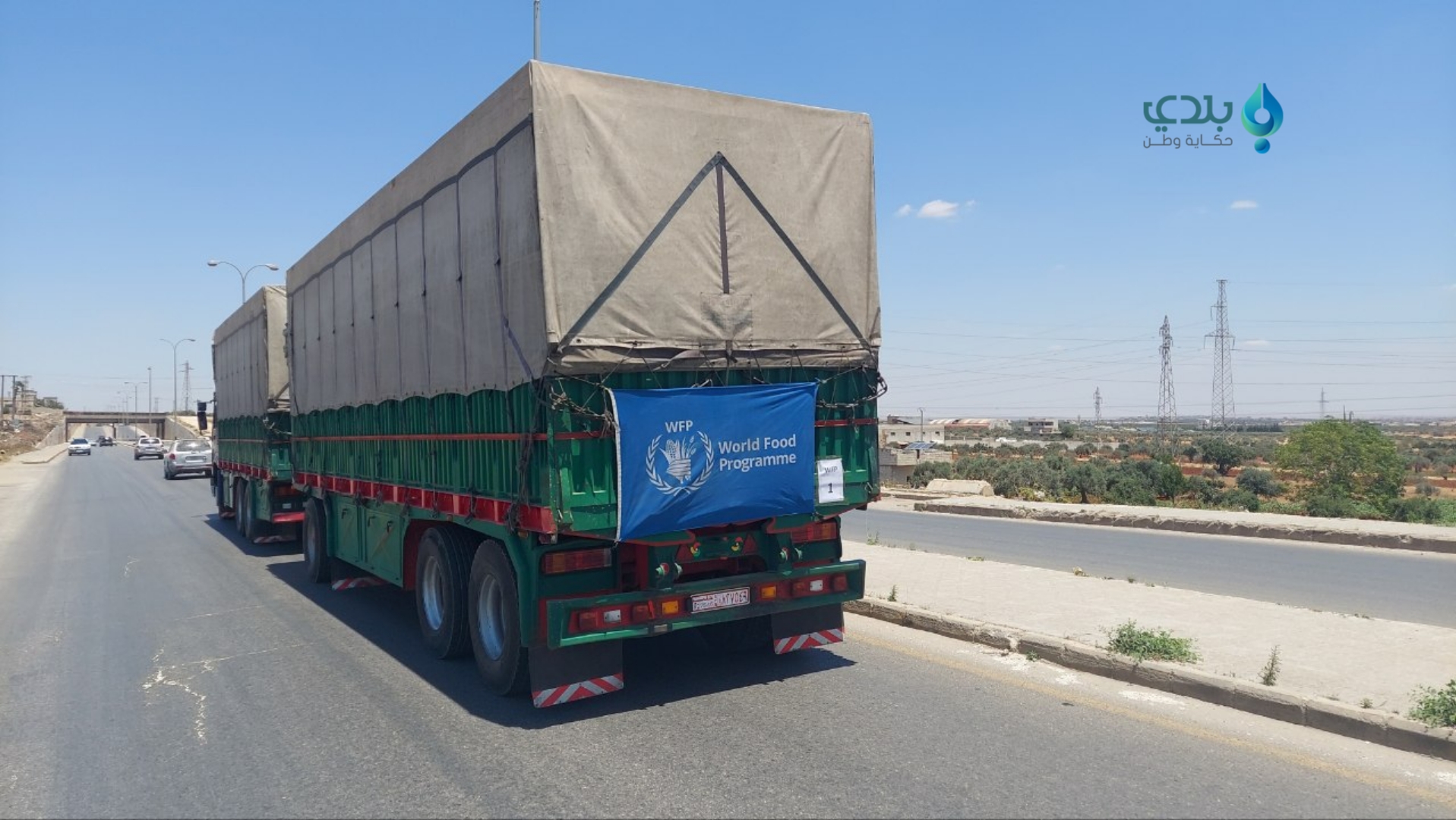On Tuesday, a United Nations delegation visited the Idleb region in Syria to assess the conditions of the displaced individuals and the camps located along the Turkish border.
According to a report from Baladi News’ correspondent in Idleb, David Cardin, the Deputy Regional Coordinator for Humanitarian Affairs in Syria, entered the Bab al-Hawa border crossing with Turkey at approximately 11 am. He was accompanied by a team of humanitarian workers and proceeded to visit the camps for displaced people in the northern part of Idleb.
An unnamed escort of the UN delegation, as quoted by our correspondent, stated that the visit to northern Syria was conducted to evaluate the medical and humanitarian situation in the region.
President Assad, Minister Safadi Discuss Bilateral Relations and Syrian Refugee Return
During their tour, the delegation focused on various areas in the countryside of Idleb, including the camps for the displaced in the Kafr al-Jalis area, located northwest of Idleb city.
The visit lasted for five hours, and the delegation departed from the area at around 4 pm on the same day.
Prior to their arrival, the UN delegation coordinated with medical and humanitarian agencies operating in Idleb. The delegation expressed its intention to visit camps, mobile clinics, and food warehouses as part of their assessment.
Reducing aid to Syrians
On June 13th, the World Food Programme (WFP) made an announcement stating that it has been compelled to reduce its aid to Syrians who rely on it from 5.5 million to 2.5 million individuals due to a funding crisis.
As a result of the funding shortfall, WFP will be forced to terminate assistance to up to 2.5 million people across Syria starting in July.
In April, WFP provided aid to 5.2 million individuals in Syria, which included cash assistance of $4.5 million distributed to 358,000 people.
The World Food Agency emphasized that the cost of the standard food basket in Syria increased by ten percent during the first quarter of 2023, reaching 511,623 Syrian pounds, which is approximately four times the average wage of a school teacher, amounting to 95,000 pounds.
The Syria Response Coordinators have confirmed that the deficit in the 2023 Humanitarian Response Plan in Syria has reached unprecedented levels, surpassing 89 percent of the required funding.
In addition to the existing deficit, there is a new funding shortfall for the special response targeting those affected by the February six earthquake, with a deficit exceeding 70 percent, as reported by the organization.
According to a previous report from the Baladi News correspondent in the region, in mid-June, a UN aid convoy entered the Idleb governorate from areas controlled by the Syrian regime.
Ten trucks, prominently displaying WFP banners, crossed from the city of Saraqeb, which is under the control of regime forces in the southern countryside of Idlib. The convoy proceeded to the city of Neirab before heading towards aid storage centers for humanitarian organizations near the Syrian-Turkish border.
It is worth noting that the northwestern areas of Syria are densely populated with displaced individuals from various regions of the country, estimated to be around six million people, as per the latest census conducted by the Syria Response Coordinators Organization. This organization consistently confirms that the residents of this area face shortages of medical and relief supplies, particularly following the earthquake disaster that occurred on February 6th of this year.
This article was translated and edited by The Syrian Observer. The Syrian Observer has not verified the content of this story. Responsibility for the information and views set out in this article lies entirely with the author.


